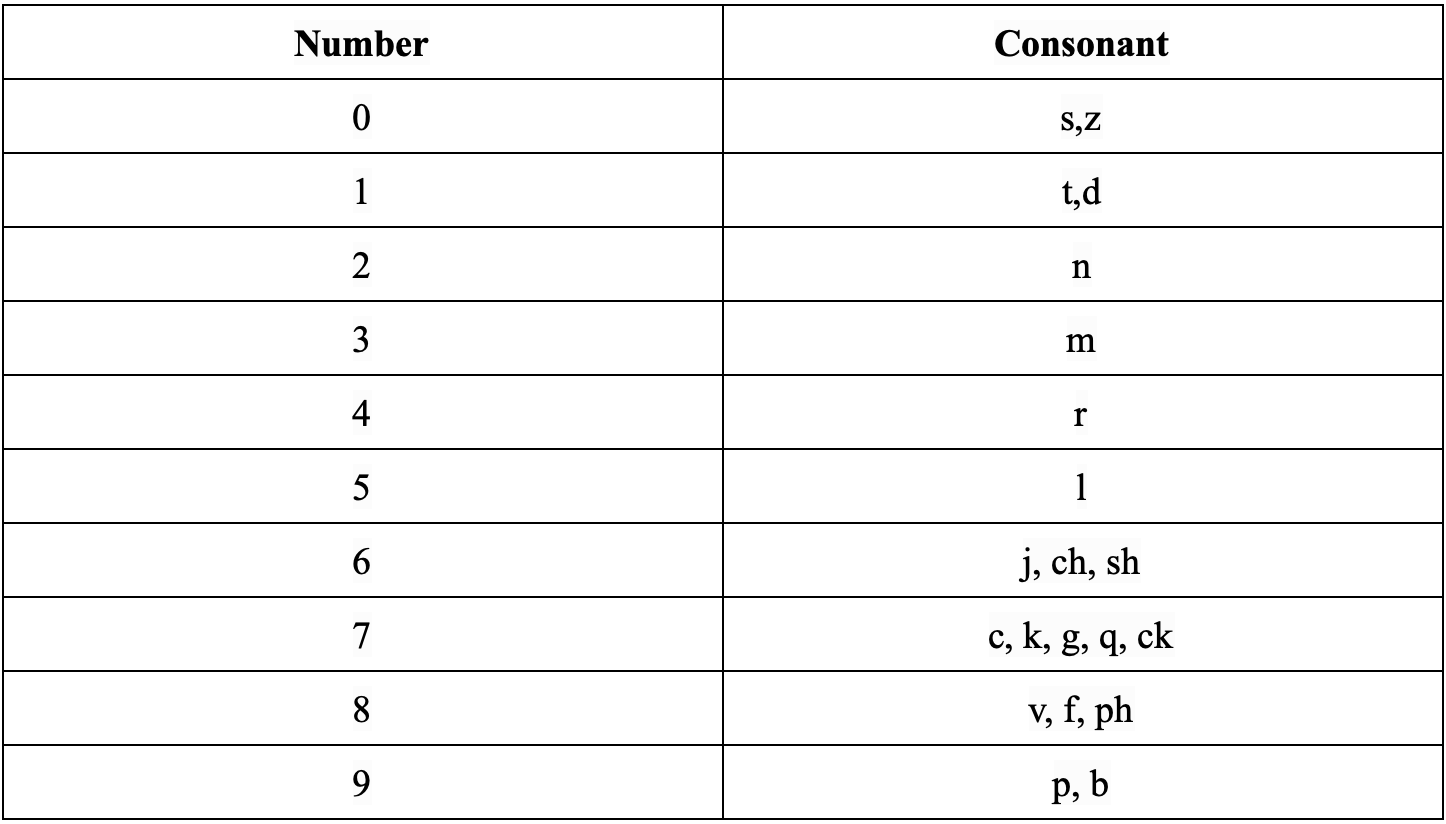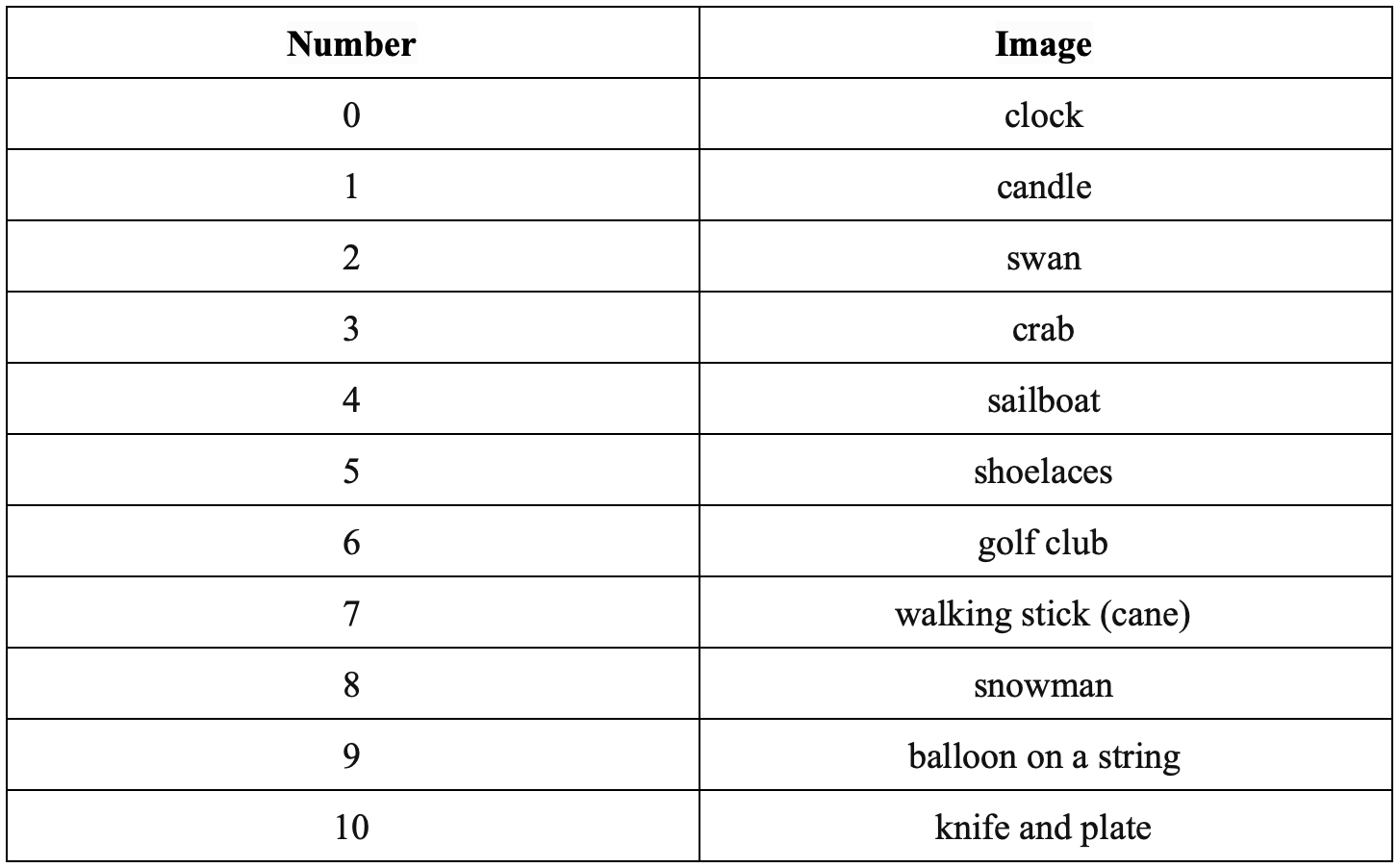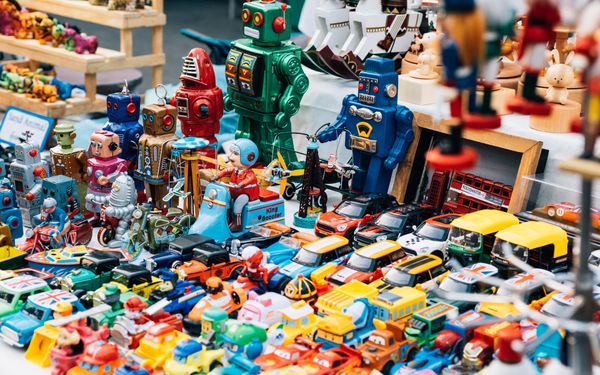Improving Your Memory
Can You Recall?
Who has experienced the embarrassment of meeting someone and forgetting their name at some point through the conversation?
You find yourself disengaged from what they’re saying, wracking your brain, trying to remember.
“Was it James or Peter?”
Then, to put the icing on the cake, you go your separate ways, they say your name and you’re like, “Yeah...nice meeting you.” 😳
During initial training for my career, I was required to recall paragraphs of text verbatim. We were overloaded with information during the theory phase; often learning new subjects whilst studying for the exam of last week’s one.
I would spend almost all my spare time reading and reciting paragraph answers off palm cards - in my room, out walking, in the shower.
The time would hit early hours of the morning, my brain was fried, and I would think these words would never stick.
I’d go to bed and set my alarm for 4 am to continue then.
Wouldn’t you know it? I sit at my desk that morning, start reciting, and those words I got stuck on came to me. I couldn’t believe it. What an amazing thing our brain is.
This article from Wired sparked my attention and motivation for this blog.
How someone can remember 10,000 digits of pi is incredible when I struggle to recall a phone number.
Some people attribute fading or poor memory to their age. The older they get, the worse it seems.
“You can’t teach an old dog new tricks.”
Bullshit.
Neuroplasticity is the brain’s ability to adapt and change as we age.
Dr Celeste Campbell, a neuropsychologist from Washington D.C. states:
“It refers to the physiological changes in the brain that happen as the result of our interactions with our environment. From the time the brain begins to develop in utero until the day we die, the connections among the cells in our brains reorganise in response to our changing needs. This dynamic process allows us to learn from and adapt to different experiences.”
If you compare our brain to a computer, a computer will only have a certain number of hardware paths information can flow through.
Our brain, however, creates and discards pathways all the time.
As we learn new things, new connections are created between our neurons (nerve cells), and our brains adapt to new circumstances.
Neuroplasticity is stronger and more pronounced in children but still exists in adults of all ages.
So, what is the limiting factor for us learning new things as we age?
A growth mindset.
A person with a growth mindset believes they have the ability to become smarter, to learn something new, and are willing to put the effort in to do so.
Remembering Names

“A person's name is to him or her the sweetest and most important sound in any language.” – Dale Carnegie
If you watched the video from the article above, Nelson uses images and locations in his example.
That’s all well and good for remembering words or places but doesn’t help me when I hear someone’s name.
Whenever I call someone I don’t know personally - my bank, insurance company, a store, I’ll always have a note open on my desktop ready to type the person’s name in as I find seeing a name helps me remember it better than hearing it.
- As a side note and tip, it will serve you well to record details of important phone conversations, that way if there’s a discrepancy down the track, you can call back and say, “I spoke to Joel at 10:57 on the 4th…” It sounds far stronger than not recalling who and when you called last.
National Geographic confirms it. Studies show that between memory recollection of sounds, images, and objects, auditory recall came last.
This is because our visual and tactile memory is stronger than auditory.
Thus, for the expression, “in one ear, out the other.”
So, what about meeting someone face to face? A few tricks can be applied:
-
Never be one to say, “Sorry, I’m terrible with names,” because you’ve already lost half the battle. Admitting so implants that belief into your subconscious, just like saying, “I’ll never learn this.”
Instead, have the attitude of wanting to learn about and taking an interest in the person you’re meeting.
Don’t think about something from the past, the future, or what you’re going to say next.
Listen intently. Be present. Focus.
“A major reason you don’t recall names is you weren’t listening. Someone says their name and two seconds later you don’t know it. This is not a memory problem. It is a focus problem.” - Ron White (2009 and 2010 USA Memory Champion).
-
Repeat their name multiple times throughout the interaction without overdoing it.
The best way to get the first one under your belt is by replying something like, “Hi, Kade. I’m Jon. Pleased to meet you,” whilst shaking hands (or bumping elbows). 🤨
-
If their name can be spelled multiple ways ask them, “Is that Shawn with a U or a W?”
Alternatively, if it’s a unique name repeat it and comment, “Gordana - I haven’t heard that name before.” You can ask them to spell it out or follow up with questions like, “What’s the origin” or “What was the motivation for that name?”
Not only are you doing more to commit their name to memory but showing you’re actually taking an interest.
-
Use a name or word association.
If you already know another Tim, link the one you’re meeting with him or a celebrity you’ll remember like Tim Cook (from Apple).
If their name has another meaning like Bill or Fleur, you can associate it with a picture like a hundred-dollar bill or a flower.
If you don’t know their line of work or they have an accent, ask them (immediately after learning their name is best), that way you can say, “Matt the photographer,” or “Lars from Denmark.”
-
Use visual images to remember them.
Like remembering Bill and Fleur, pick an outstanding feature they have - curly hair, a unique smile, or outstanding glasses, and use that to associate and commit their name and face to memory.
-
Always end the conversation saying their name.
“It was nice to meet you, Nicole,” or “I’ll catch up with you later, Phil.”
Remembering Numbers and Words

Memorising numbers is more difficult because we aren’t able to create images in our heads with them. They’re abstract symbols that represent a (number) value.
Here are a few:
- The Major System - a system used for hundreds of years that incorporate mnemonics and phonetics (words we create and sound out using a pattern of letters) representing a number.

You’ll notice w, h, x, y as well as all vowels are not in the list. That’s because you can use them freely to create words to remember numbers.
So as an example, let’s use the number 2019.
The letters used will be n (2), either s or z (0), t or d (1), and p or b (9).
Now, creating a word using all those numbers is difficult (unless you use the link above), so breaking it into groups of two is easier - that is 20 and 19.
20 = ns or nz
= anus, news, nose, onus, noisy, nexus - to name a few
19 = tp, tb, dp or db
= tap, type, tab, deep, dopey...
Therefore, using the Major system grouped into two numbers, you can remember the number 2019 as:
- Noisy tap
- Anus deep
- Noxious utopia
If you’re serious about implementing this system, create a word you’ll remember for each number from 0 - 99.
Committing them to memory takes time and practice, but by using words you can visualise (like 0 being a zoo, 1 being a taxi, etc), the pictures will come to you with repetition until it becomes second nature to you.
- Using visual imagery - imagining numbers as real-world items which resemble the shape of the number.
For example:

Visual imagery can continue up to twenty (or more) numbers.
Now that you have those images, you need somewhere to reference them.
This is known as your memory palace - a place you know and can visualise well. Your home is a perfect example.
The amount of numbers you need to remember determines how many significant places to remember in your memory palace.
So, let’s take 2019 and break that down.
2 = swan
0 = clock
1 = candle
9 = balloon on a string
Think of four significant areas in your home. It has to be a logical route so you know which room follows which.
In my place the order for this example is:
- Front door
- Kitchen
- Living room
- Bedroom
Now combine each image combination to make a logical story as if you’re walking through your home.
The crazier and more memorable, the better:
There’s a large white swan by my front door. How the fuck did it get up the elevator?
I fight past him, get inside to the kitchen, and look up at the clock.
Crap, my date will be here any minute.
Quick! Light the candle in the living room and make sure the “I❤️U” balloon is still floating in my bedroom for when she arrives. 2019.
Visual imagery and your memory palace is a perfect way to remember words - like a speech or a shopping list.
An alternate way of remembering a list of words is by alliteration - taking the first letter of each word and assembling it in a way you can remember.
For example:
- Bread
- Milk
- Toilet paper
- Chicken
- Lettuce
- Tomatoes
Immediately you’ll recognise BLT (just remember to buy bread and not bacon) and then use MCT in whatever way you remember (MCT is an oil).
3) By grouping and associating - in Oz, we all know mobile phone numbers start with 04, so with that out of the way, group the rest in either bunches of two or three.
If a group of numbers is of significance to you, for example:
- 13 - your lucky number
- 88 - the year you were born
- 737 - Boeing aircraft
- 965 - the age of your children
Use those as aids in remembering that group and memorise the rest through repetition either verbally or writing it and testing yourself as Nelson does in the video.
Remember, just like when meeting someone, you need to be fully engaged when learning this number. Attempting to do so whilst distracted on your phone or otherwise will only hamper your ability to memorise it faster.
Revision

“Repetition is the mother of skill” - Tony Robbins
How often do you need to revise to commit it to memory?
In Lucy’s post, she gives two scenarios - one where you need to memorise something within two days and the other where time is not a factor.
If time is not a factor, revise:
- Immediately after reading
- Twenty minutes after the first reading
- A day after your second reading
- Two to three weeks later
- Two to three months later
There are variations around these timings but let this be a guide and know what works for you.
Remember, you will memorise auditory, tactile, and visual cues differently.
Muscle memory is a topic we won’t elaborate on but apply these tips in learning guitar to anything muscle-related and you’ll be on track for success.
Other Things to Consider

It’s easy to think that improving your memory is solely done by exercising your brain, however, health factors you should consider:
- Eat less sugar - in addition to being bad for your health, studies have linked it to cognitive decline and reduced brain volume.
- Exercise more - it gets more oxygen into the brain, reduces the risk of disorders leading to memory loss, and promotes growth and stimulation of neuron connections.
- Getting enough sleep - your brain is working during your deepest stage of sleep to consolidate material you have learnt.
- Taking fish oil supplements - specifically, omega-3s are beneficial for brain health.
- Add cocoa to your diet - as it helps stimulate the growth of blood vessels and neurons whilst increasing blood flow to parts of the brain involved with memory.
Stimulating your brain through activities, puzzles and crosswords also help continue development of neuron pathways however, you need to be mentally challenged - where your full attention is required. Choose an activity you enjoy, something engaging that further develops your skills.
Some examples include learning a new language, playing an instrument or dance classes. Additionally, there are plenty of free apps and games (like Sudoku and crosswords) online and downloadable for your device.
Or why not learn something new?
Khan Academy is a non-profit website for educating both young and old in subjects mainly towards math and science. If you undertake a course, please do your bit, and give back by donating.
Udemy is the world’s largest selection of courses available online in video format. There are over 100,000 courses on a multitude of subjects including:
- Business
- Finance
- Personal Development
- Photography
- Health & Fitness
Most courses are paid, although many free ones exist.
Popular paid courses become free from time to time. You can register for a course whilst free and complete it later even after the promotion has ended.
Conclusion
We’ve looked at techniques to improve your memory.
Difficulty in learning new things is common to all however, each of us learns differently, and that comes down to differences in our preferences and make-up.
However you learn and memorise, continually challenge yourself to grow by learning new things, no matter your age, or how difficult it may seem is of utmost importance.
Treat your brain like a muscle and continue to strengthen it every day.
Doing so will serve you well for the rest of your life.



